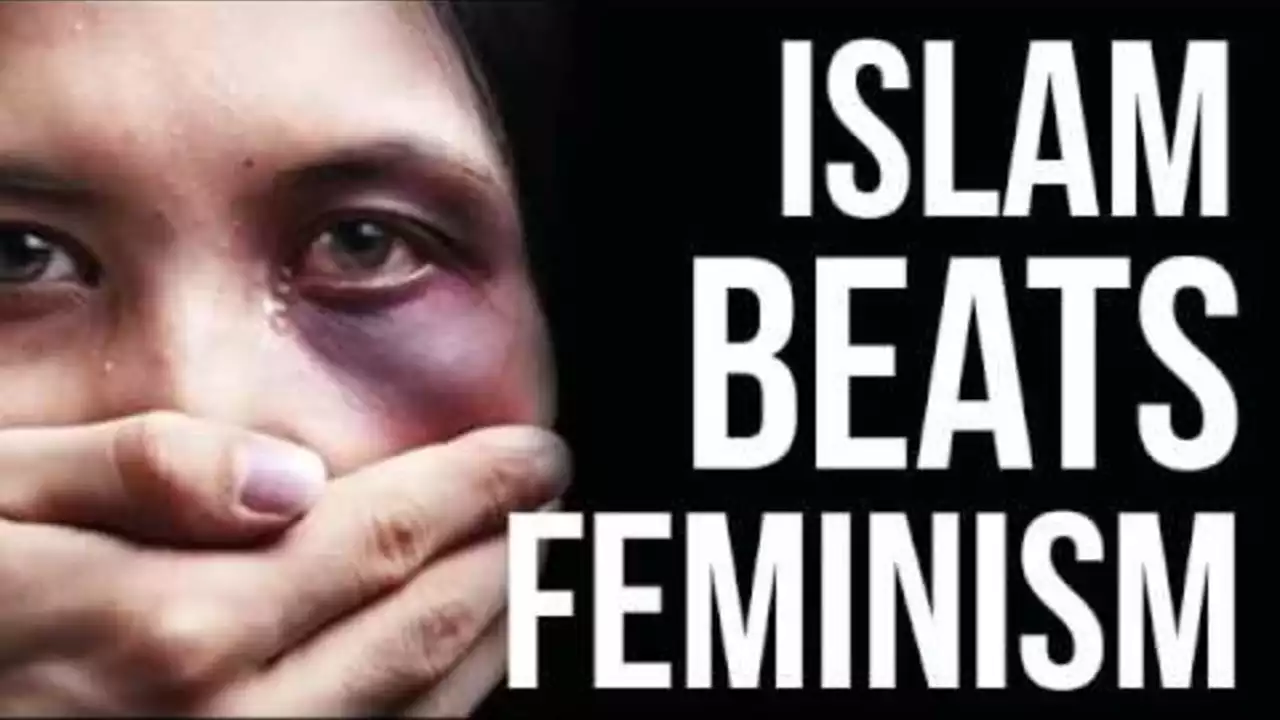Cultural Analysis: Why Western Feminism Hesitates to Criticize Islam
Ever wondered why many Western feminists seem uncomfortable pointing out gender issues in Islamic societies? It’s not that they don’t care about women's rights. More often, they’re walking a tightrope between respecting religion and pushing for equality. Let’s break down what’s really going on and see how a frank conversation could help everyone.
The Roots of the Hesitation
First off, a lot of Western feminism grew out of a history of fighting oppression—racial, class, and gender. When the conversation turns to Islam, many activists worry they’ll be labeled Islamophobic. That fear isn’t baseless; media stories sometimes blur criticism of practices with attacks on the whole faith. So, to avoid feeding that narrative, some feminists stay silent.
Another factor is the idea of cultural relativism. The belief here is simple: every culture has its own rules, and outsiders shouldn’t judge. While respect is a good thing, it can turn into a blanket excuse for ignoring real problems. If you only talk about cultural differences, you might miss chances to support Muslim women who want change from within.
There’s also the political angle. In many Western countries, religious freedom is a protected right. Mentioning any criticism of Islam can raise eyebrows among lawmakers and voters who see it as an attack on a protected group. That political pressure adds another layer to the hesitation.
Finding a Path for Open Dialogue
So, how do we move forward without stepping on any toes? Start with listening. Muslim women’s voices matter most when we talk about gender issues in Islam. Give space to activists who are already pushing for reforms—people like Amina Wadud or Asra Nomani. Their work shows you can respect the faith while asking for change.
Next, keep the conversation specific. Instead of saying “Islam oppresses women,” point to particular practices that need review, like inheritance laws or dress codes, and discuss how they affect daily life. Specifics make the debate less about religion as a whole and more about tangible outcomes.
Finally, use a collaborative tone. Frame critiques as shared goals: “We both want women to have equal education and job opportunities.” When you show that the endgame is the same, the discussion feels less like an attack and more like teamwork.
In short, Western feminists aren’t afraid of criticism—they’re cautious about how it’s perceived. By listening to Muslim women, focusing on concrete issues, and speaking as allies, we can bridge the gap. That’s the kind of cultural analysis that moves beyond headlines and actually helps people.
- Zayden Kurosawa
- 0
Why is western feminism so afraid to criticize Islam?
It seems that Western feminism often hesitates to criticize Islam, perhaps due to a fear of feeding into Islamophobia or appearing insensitive to cultural differences. Furthermore, there is a desire to respect freedom of religion and avoid western-centric viewpoints. However, this silence can lead to the overlooking of genuine issues of gender inequality within Islamic societies. It's a delicate balance to strike, but open dialogue and respectful criticism should be encouraged in all aspects of society, including religious ones. After all, the goal of feminism is equality for all, regardless of culture or creed.
Read more